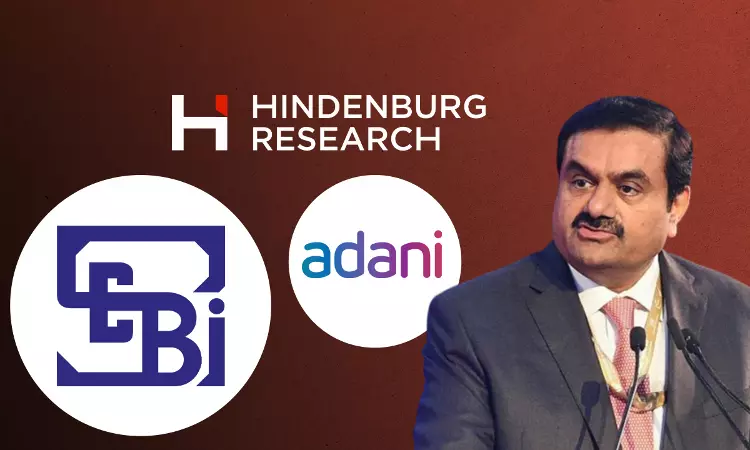Adani-Hindenburg Report | Prima Facie ‘No Regulatory Failure,’ Says Supreme Court Expert Committee About SEBI Probe
Awstika Das
19 May 2023 8:23 PM IST

Next Story
19 May 2023 8:23 PM IST
In a significant development in the Adani-Hindenburg controversy, the Expert Committee constituted by the Supreme Court said it cannot, as of now, arrive at a finding of "regulatory failure" of SEBI in dealing with the alleged contravention of securities law by the Adani Group or any other companies.The Committee was constituted to provide an overall assessment of the situation as well...
